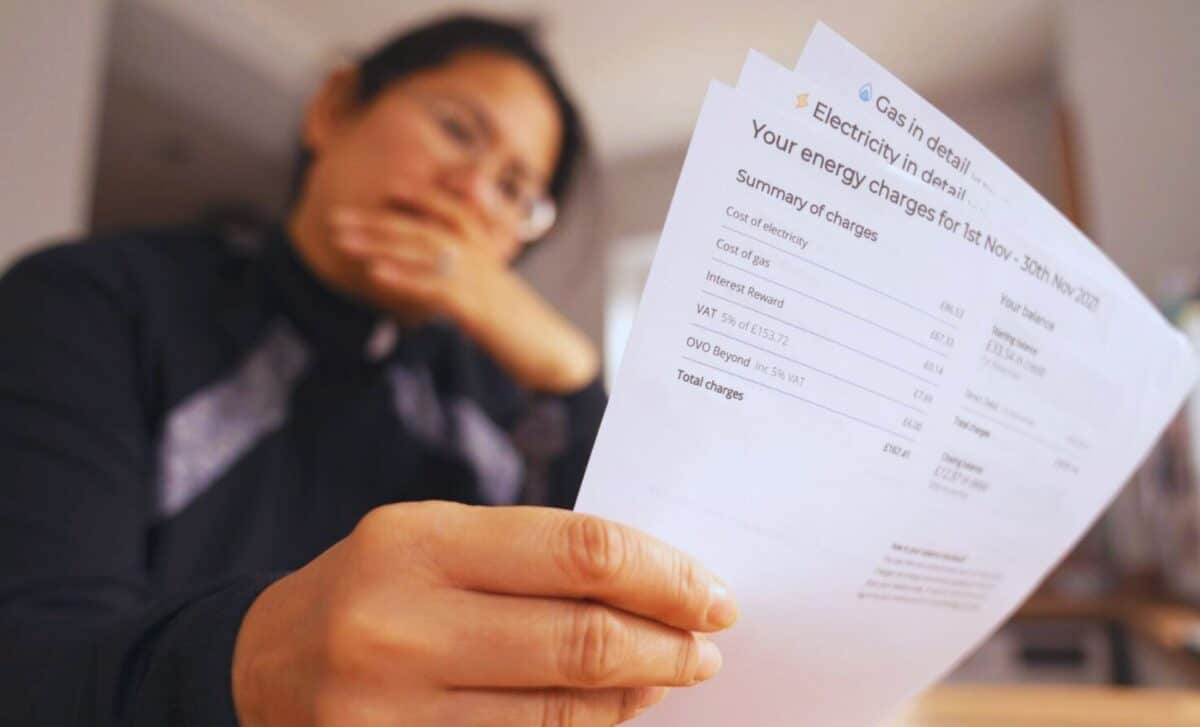Energy Price increases are set to hit in January, affecting millions of households across the UK. However, there’s a simple way to avoid this rise—but time is running out, with only two weeks left to act. What steps can you take now to reduce your costs in 2024?
January 2024 Price Increase : What to Expect
From January, the typical household energy bill under the Energy Price Cap will increase by £21 annually, raising the average cost to £1,923 for households on standard variable tariffs (SVTs). The Energy Price Cap, regulated by Ofgem, is updated quarterly to reflect changes in wholesale energy prices.
According to Ofgem, 80% of UK households—around 22 million homes—are currently on SVTs. These tariffs automatically adjust to the cap, which means customers face price fluctuations every three months.
For context :
- In January 2023, the Energy Price Cap stood at £4,279 annually for a typical household.
- By July 2023, the cap dropped to £2,074 before falling further to £1,923 in October.
While January’s increase is modest compared to previous peaks, energy prices remain high relative to pre-2022 levels.
Why Fixed Tariffs Could Save You Money
Energy experts are recommending customers consider switching to fixed-rate tariffs before January. A fixed tariff locks in your energy rate for a set period, providing price stability and shielding households from future increases in the Energy Price Cap.
Martin Lewis of MoneySavingExpert explained :
“The most important thing to understand is that price-capped tariffs are variable, and the prices change every three months in line with the cap.
So when considering if it’s worth switching to a fixed deal, you need to look at what is expected to happen over the course of the next year. A fix that looks decent now could end up costing you more over the next year if energy prices drop.”
Currently, some fixed tariffs are available at rates lower than the projected Energy Price Cap for the first quarter of 2024. Based on industry estimates:
- A fixed tariff priced 1% below the January-March 2024 price cap could save a household £19 annually.
- Over the next 12 months, fixing could yield greater savings if wholesale energy prices remain high or climb further.
However, the decision to fix should be made carefully, as it involves predicting future energy price trends.
How to Check and Compare Fixed Tariffs
To evaluate whether switching to a fixed deal makes sense, consumers should :
- Check Offers from Their Current Supplier : Some suppliers offer exclusive fixed-rate deals to existing customers, which may not be widely advertised.
- Use Comparison Sites : Tools like Uswitch and Compare the Market can help identify the most competitive tariffs available.
- Monitor Predictions : Industry forecasts, including those from Cornwall Insight, suggest energy prices are unlikely to fall significantly in 2024, making fixing more attractive.
Fixed tariffs are also recommended for households that value certainty in budgeting. By locking in a rate, you avoid the unpredictability of quarterly cap changes.
Statistics on UK Energy Customers
- 80% on Standard Variable Tariffs: Approximately 22 million households remain on SVTs, meaning their energy costs fluctuate every three months.
- Potential Savings of £200+: Households that switched to competitive fixed-rate deals in 2023 saved an average of £200 annually compared to the capped rate.
- Energy Consumption : The average UK household uses 12,000 kWh of gas and 2,900 kWh of electricity annually, making small rate changes impactful on total costs.
If you stay on a standard variable tariff (SVT), energy costs will rise in January and could increase further in 2024. While SVTs offer flexibility if prices drop, switching to a fixed deal requires action, as it’s not automatic.
With the January increase approaching, customers of British Gas, Octopus, Eon, EDF, and OVO should compare options now. Acting quickly could help households lock in savings and manage rising energy costs effectively.









